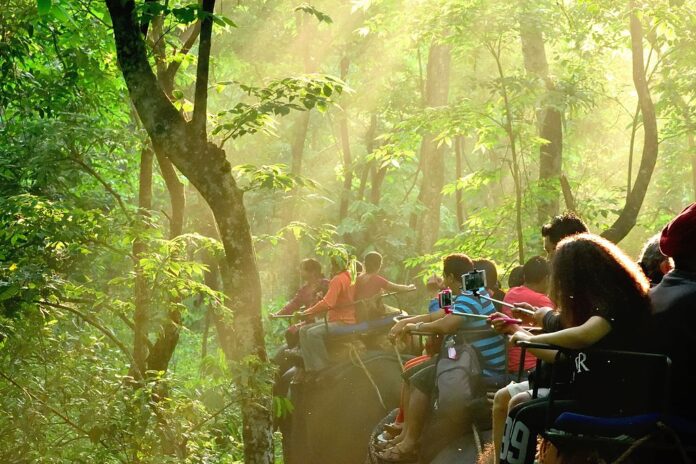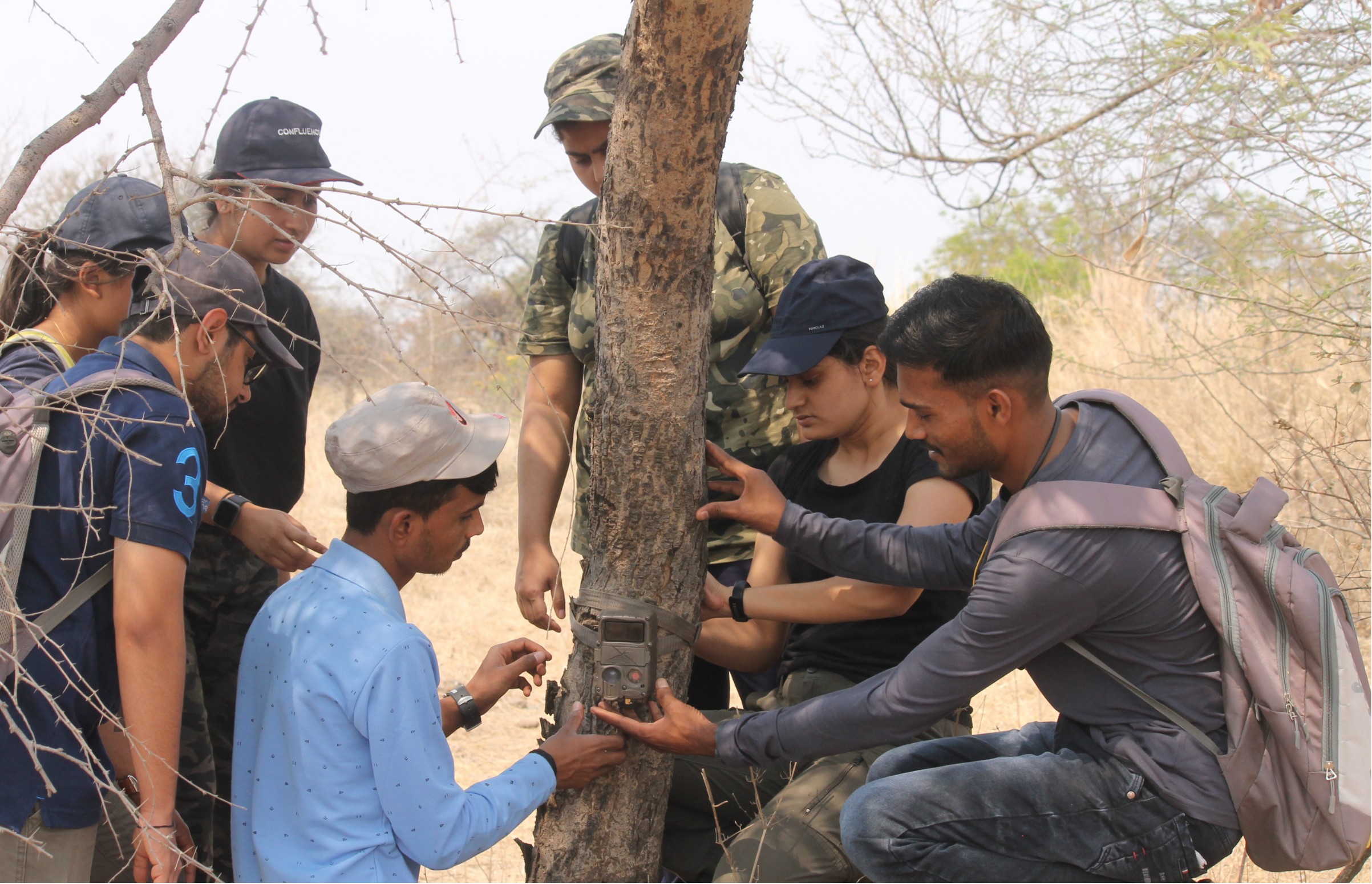
Wildlife Trust of India (WTI) is a prominent non-profit organization committed to the protection and conservation of India’s vast and diverse wildlife. Established with the mission to secure a future for endangered species and their habitats, WTI works tirelessly in collaboration with various stakeholders, including local communities, government agencies, and international organizations.

Table of Contents
History and Mission
Founded in 1998, WTI has been at the forefront of conservation efforts across India. Its primary mission is to ensure the survival and welfare of wildlife by addressing critical issues such as habitat destruction, human-wildlife conflict, and poaching.
Key Focus Areas
- Species Conservation – Protecting endangered species like tigers, elephants, and rhinos.
- Habitat Restoration – Restoring degraded landscapes and securing wildlife corridors.
- Rescue and Rehabilitation – Providing medical care for injured and displaced animals.
- Legal Advocacy – Strengthening wildlife protection laws.
- Community Engagement – Promoting sustainable livelihoods to reduce human-wildlife conflict.
Major Conservation Programs
WTI operates several flagship conservation programs aimed at preserving India’s rich biodiversity.
1. Species Recovery Programs
- Elephant Corridors Project – Creating safe migration routes for elephants.
- Save the Tiger Initiative – Addressing threats to tiger populations.
- Greater One-Horned Rhino Protection – Strengthening anti-poaching measures.
2. Habitat Protection Initiatives
- Wetland Conservation – Protecting vital ecosystems for migratory birds.
- Mangrove Restoration – Safeguarding coastal biodiversity.
- Grassland Preservation – Securing habitats for herbivores and carnivores.
3. Anti-Poaching Measures
- Rapid Response Teams – Quick intervention against poaching threats.
- Wildlife Crime Control – Collaborating with law enforcement to curb illegal trade.
Community Involvement of Wildlife Trust of India
WTI strongly believes that conservation efforts must include local communities.
Livelihood Programs
- Training communities in eco-tourism and sustainable agriculture.
- Providing alternative income sources to reduce dependence on forests.
Education and Awareness
- Conducting workshops on wildlife conservation.
- Involving schools in environmental programs.
Partnerships and Collaborations
To enhance its impact, WTI collaborates with:
- Government Agencies – Ministry of Environment, Forest and Climate Change.
- International NGOs – World Wildlife Fund (WWF), International Union for Conservation of Nature (IUCN).
- Corporate Partners – Businesses supporting sustainability initiatives.
Success Stories
1. Elephant Rescue and Rehabilitation
WTI successfully rescued and rehabilitated over 100+ elephants, ensuring their safe return to the wild.
2. Tiger Protection Program
Through increased surveillance, the organization has significantly reduced poaching incidents in critical tiger habitats.
Challenges in Wildlife Conservation
Despite significant progress, WTI faces numerous challenges:
- Illegal Wildlife Trade – A multi-billion-dollar black market.
- Deforestation – Loss of critical habitats due to urban expansion.
- Human-Wildlife Conflict – Encounters leading to fatalities on both sides.
- Climate Change – Rising temperatures affecting ecosystems.
How to Get Involved
Anyone can contribute to Wildlife Trust of India mission by:
- Volunteering – Participating in field projects.
- Donating – Funding conservation programs.
- Spreading Awareness – Educating others through social media and campaigns.
Technological Interventions
Wildlife Trust of India integrates modern technology for effective conservation.
- AI and Machine Learning – Analyzing wildlife patterns.
- Drones for Surveillance – Monitoring remote areas.
- GPS Tracking – Studying animal movements.
Educational Initiatives
- School programs to foster conservation awareness.
- Wildlife camps for young enthusiasts.
Impact and Achievements
WTI has successfully:
- Protected 1.2 million hectares of forest land.
- Rescued over 5,000 wild animals.
- Trained 3,000+ forest officers in anti-poaching strategies.
Future Goals and Vision
- Expanding conservation areas by 30% by 2030.
- Strengthening legal frameworks for wildlife protection.
- Enhancing eco-tourism as a sustainable conservation model.
Frequently Asked Questions (FAQs)
1. What is the main objective of WTI?
WTI aims to protect India’s wildlife through conservation, rescue, and advocacy.
2. How does WTI help prevent poaching?
By working with law enforcement, deploying rapid response teams, and strengthening legal frameworks.
3. Can individuals contribute to Wildlife Trust of India mission?
Yes! You can volunteer, donate, or raise awareness through campaigns.
4. What species does WTI focus on?
WTI prioritizes elephants, tigers, rhinos, and other endangered species.
5. How does technology support conservation?
WTI uses drones, AI, and GPS tracking to monitor wildlife and combat illegal activities.
6. Where can I learn more about WTI’s projects?
Visit the Wildlife Trust of India’s official website for details.








